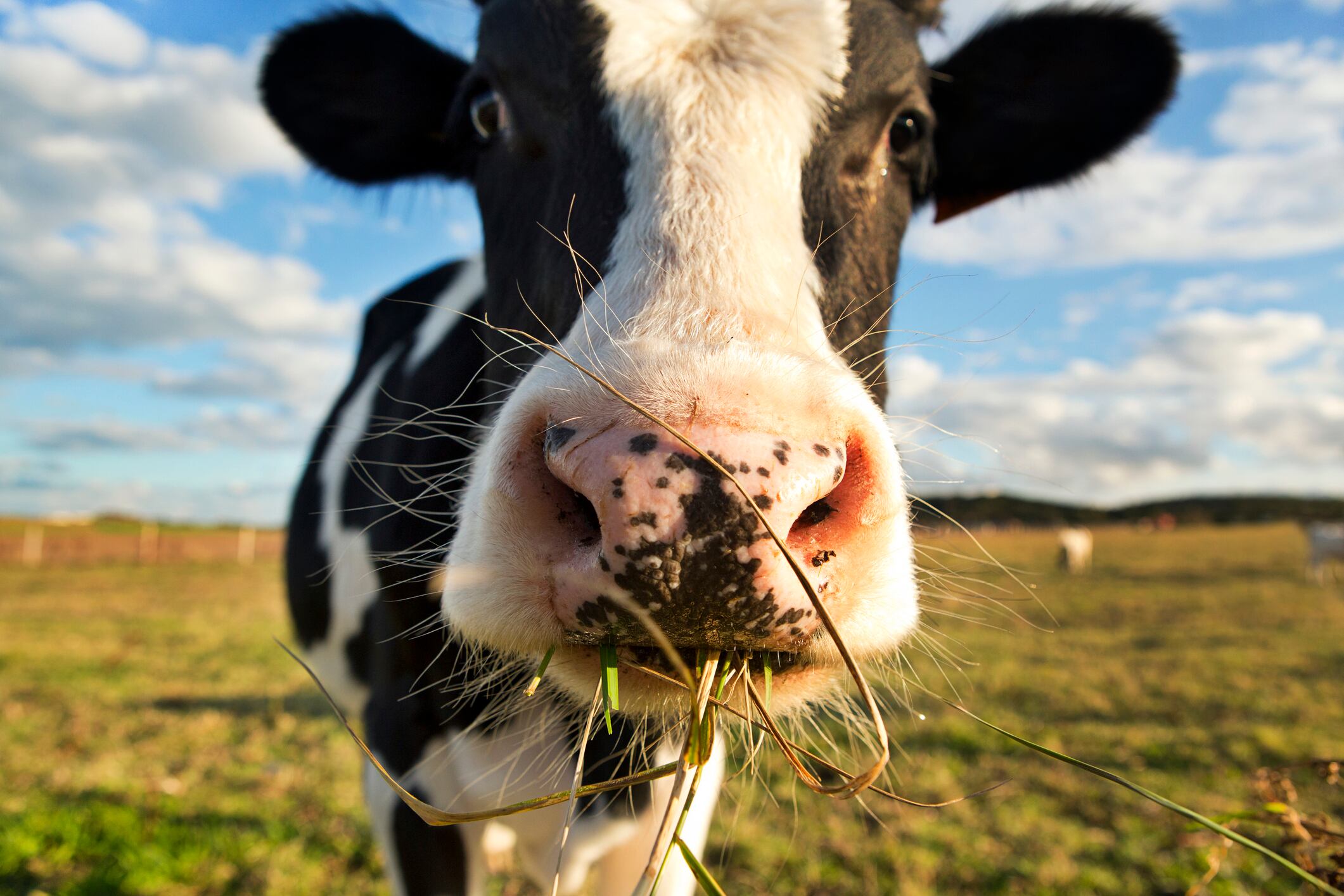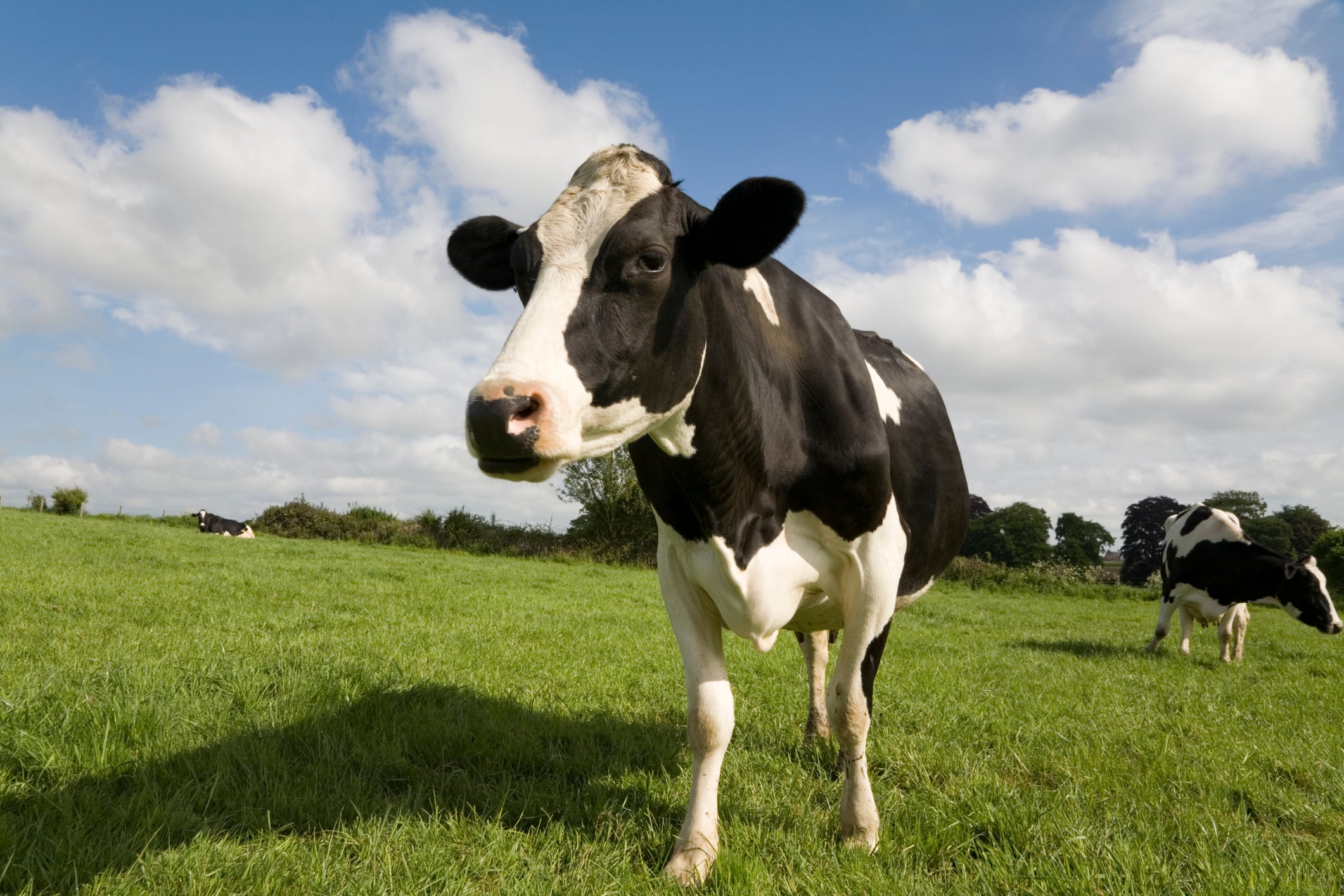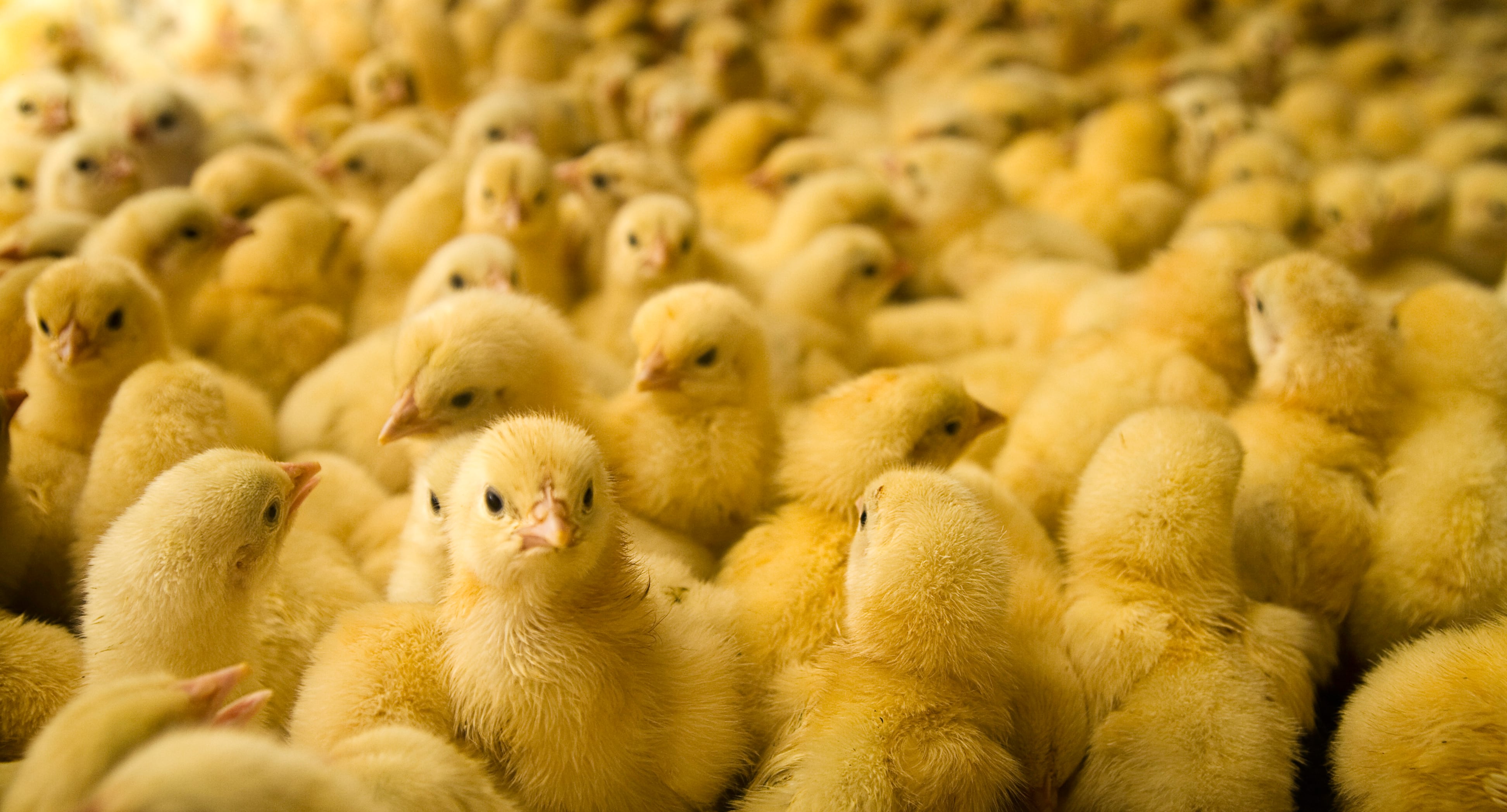The Government has unveiled plans for a £1 billion investment in a new National Biosecurity Centre, which will help combat animal disease outbreaks and future pandemics.
The investment is one strand of the new National Security Strategy, which is part of the Government’s Plan for Change.
This latest funding will deliver the next phase of the centre with a scientific campus in Surrey that will serve as the UK’s foremost animal biosecurity facility.
The Government said that animal disease outbreaks represent a serious and increasing risk to public health, food security and the UK economy.
The funding aims to enhance the country’s detection, surveillance and control capabilities for high-risk animal diseases, such as avian influenza, foot and mouth disease and African swine fever, whilst enhancing the ability to manage concurrent disease outbreaks.
It cited statistics that revealed that approximately 60% of all known human infectious diseases are zoonotic, meaning they can be transmitted from animals to humans. Furthermore, about 75% of emerging infectious diseases originate in animals.
The first interim labs to support critical science will be ready in 2027 and 2028 while the main construction works start in 2027, with the full centre expected to be operational in 2033/34.
The new facility will join a network of national centres set up by the Cabinet Office under the UK Biological Security Strategy and announced in the National Security Strategy.
The Government said the network would strengthen and formalise existing collaborations between the UK Health Security Agency, the Animal and Plant Health Agency (APHA) and the Defence Science and Technology Laboratory.
Commenting, Environment Secretary Steve Reed said: “Farmers and food producers will now be better protected from diseases, our food security strengthened, and public health better safeguarded against future pandemics.
“The new National Biosecurity Centre will play an essential role in addressing the full range of biological threats we face, including from hostile nations, and will ensure that the UK retains the scientific capability, infrastructure and expertise needed to lead international efforts to identify, manage, and mitigate disease threats in the years ahead.”
Jenny Stewart, senior science Director at the APHA, added: “This funding is a vital milestone in the delivery of a world-leading facility that will protect the UK from animal disease threats for decades to come.
“Our scientists and specialists at Weybridge are at the heart of the UK’s disease surveillance and response capability and provide a global centre of expertise. Investment on this scale will enable them to continue their critical work in modern, fit-for-purpose facilities, supported by the very latest technologies.”
With the export of livestock, meat and meat products, dairy and animal by-products worth £16 billion per year alone to the UK economy, Tony Goodger, head of communications at Association of Independent Meat Suppliers (AIMS), said the move is welcomed.
“It is our view that wherever possible that wherever possible all measures need to be taken to ensure that animal diseases don’t arrive in the first place. This will require more investment on border security at the ports and airports,” he added.
“Such are the risks of animal disease to the UK economy that there is, we believe, an absolute imperative that all of the home nations have a joined up approach to disease control and not the fragmented position that we are going to see 1st July, with the Welsh Government’s approach to Bluetongue.”



